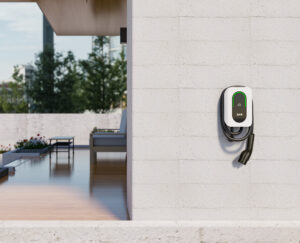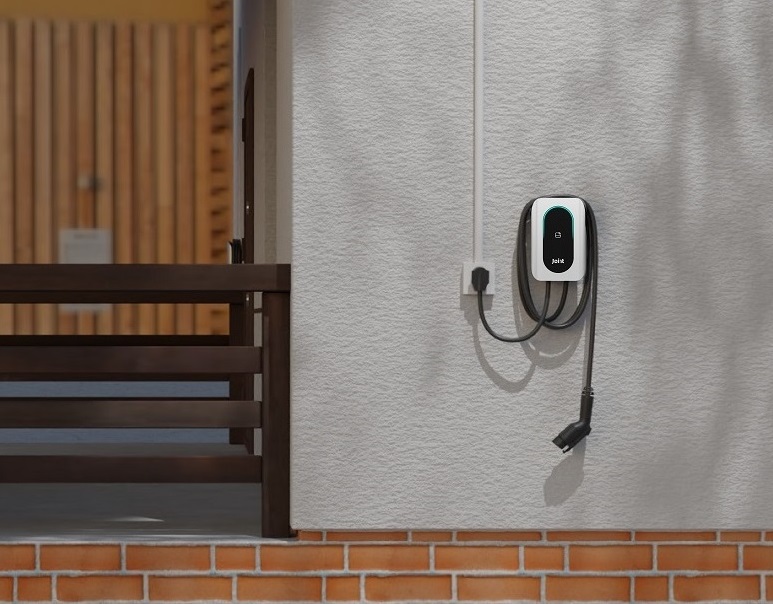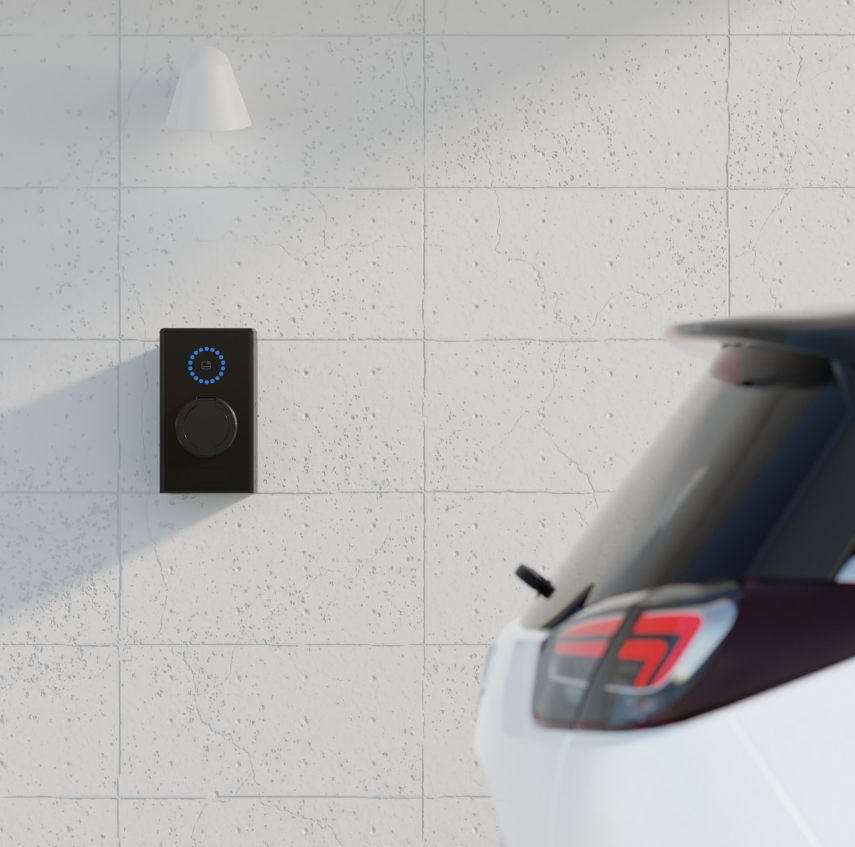
Vehicle-to-Grid (V2G): The Future of EV Charging and a Smarter Energy Grid
Vehicle-to-Grid technology is redefining the role of electric vehicles, turning them into dynamic energy assets that benefit drivers, utilities, and the planet.

Installing a 7kW EV home charger is a popular choice, offering a balance between charging speed and practicality. In this guide, we’ll explore whether a 7kW EV home charger suits your electric vehicle, delve into the benefits it brings to your home charging setup, discuss the charging duration, outline steps to choose the correct charger, and provide insights on the safe usage and maintenance of your 7kW EV home charger.
The suitability of a 7kW EV home charger depends on the specifications of your electric vehicle. Most electric cars are compatible with a 7kW charger, making it a versatile and widely adopted choice for home charging. It reasonably balances charging speed and convenience, offering a faster charging option than lower-power alternatives.
Before making a decision, check your electric vehicle’s charging capabilities. Consult the manufacturer’s specifications or your vehicle’s manual to ensure compatibility with a 7kW EV charger. This ensures you make an informed choice that aligns with your electric vehicle’s charging requirements.

(Product : Joint EVL002 Home EV Charger)
A 7kW charger delivers a charging speed of 7 kilowatts per hour. To estimate the charging time for your electric vehicle, you can use the formula.
Charging time (hours) = Battery Capacity (kWh) Charger Power (kW)
For example, if your EV has a 50kWh battery capacity, using a 7kW charger would take approximately 7 hours to charge from empty entirely.
Check your electric vehicle’s specifications and charging capabilities. Many electric cars can handle 7 kW charging, but some high-end models might support faster charging speeds. Make sure your vehicle’s onboard charger is compatible with a 7kW charger.
Assess your daily driving distance and charging patterns. If you have a relatively short daily commute and ample time to charge overnight, a 7kW charger may be sufficient. However, consider a higher-powered charger if you frequently require faster charging due to long-distance commuting or time constraints.
Consider your future electric vehicle needs. Suppose you upgrade to a vehicle with a larger battery capacity or faster-charging capabilities. Consider investing in a more robust home charger to ensure compatibility with future EV models.
Check the availability of faster charging options in your area. If there are fast-charging stations nearby for occasional quick top-ups, a 7kW home charger may be suitable for overnight charging, and you can rely on public fast chargers when needed.
Ensure that your home electrical infrastructure supports the installation of a 7kW charger. You may need to consult an electrician to assess your home’s electrical capacity and make any necessary upgrades.
While 7kW chargers are generally more affordable than higher-powered alternatives, consider your budget and the overall cost of installation. Balancing your charging needs with cost considerations is essential.
A 7kW EV home charger suits many electric vehicles, especially if your driving patterns align with its charging speed. However, evaluating your specific vehicle, charging requirements, and plans is crucial to ensure the charger meets your needs effectively. If in doubt, consulting with your vehicle manufacturer or an electrician can provide personalized advice based on your circumstances.
Opting for a 7kW EV home charger comes with several benefits that enhance your home charging solution

(Product : Joint EVM001 Home EV Charger)
A 7kw home charger is considered a Level 2 charger, providing faster charging than standard household outlets. This speed benefits EV owners who want to top up their vehicle’s battery overnight or during the day, reducing the time required for a full charge.
With a 7kW charger, EV owners can conveniently charge their vehicles at home, eliminating the need to visit public charging stations regularly. This is particularly advantageous for individuals with predictable daily driving patterns.
Overnight charging is a common practice for many EV owners. A 7kW charger allows for a significant recharge at night, ensuring the vehicle is ready for a full day of driving in the morning.
Many electric vehicles on the market are compatible with Level 2 chargers, including those with a 7 kW rating. This makes a 7kW home charger suitable for various EV models, promoting flexibility for current and future EV purchases.
A 7kW charger is generally more cost-effective to install than higher-power charging stations. It balances charging speed and installation complexity, making it an attractive option for residential settings.
A 7kW charger typically aligns with residential electrical standards, simplifying the installation process and ensuring compliance with local regulations. This can streamline the approval process for installing a home charging station.


Vehicle-to-Grid technology is redefining the role of electric vehicles, turning them into dynamic energy assets that benefit drivers, utilities, and the planet.

At this ACT Expo, Joint Tech will unveil its latest advanced commercial Level 2 charging solution, designed to enhance the user experience. Meanwhile,powered by new technology, our commercial chargers effectively address multiple challenges encountered in real-world applications.

The new tariffs imposed by the United States have once again caused global economic tension.In order to respond to the impact on the global supply chain, Joint new factory in Malaysia offers favorable tax rates.